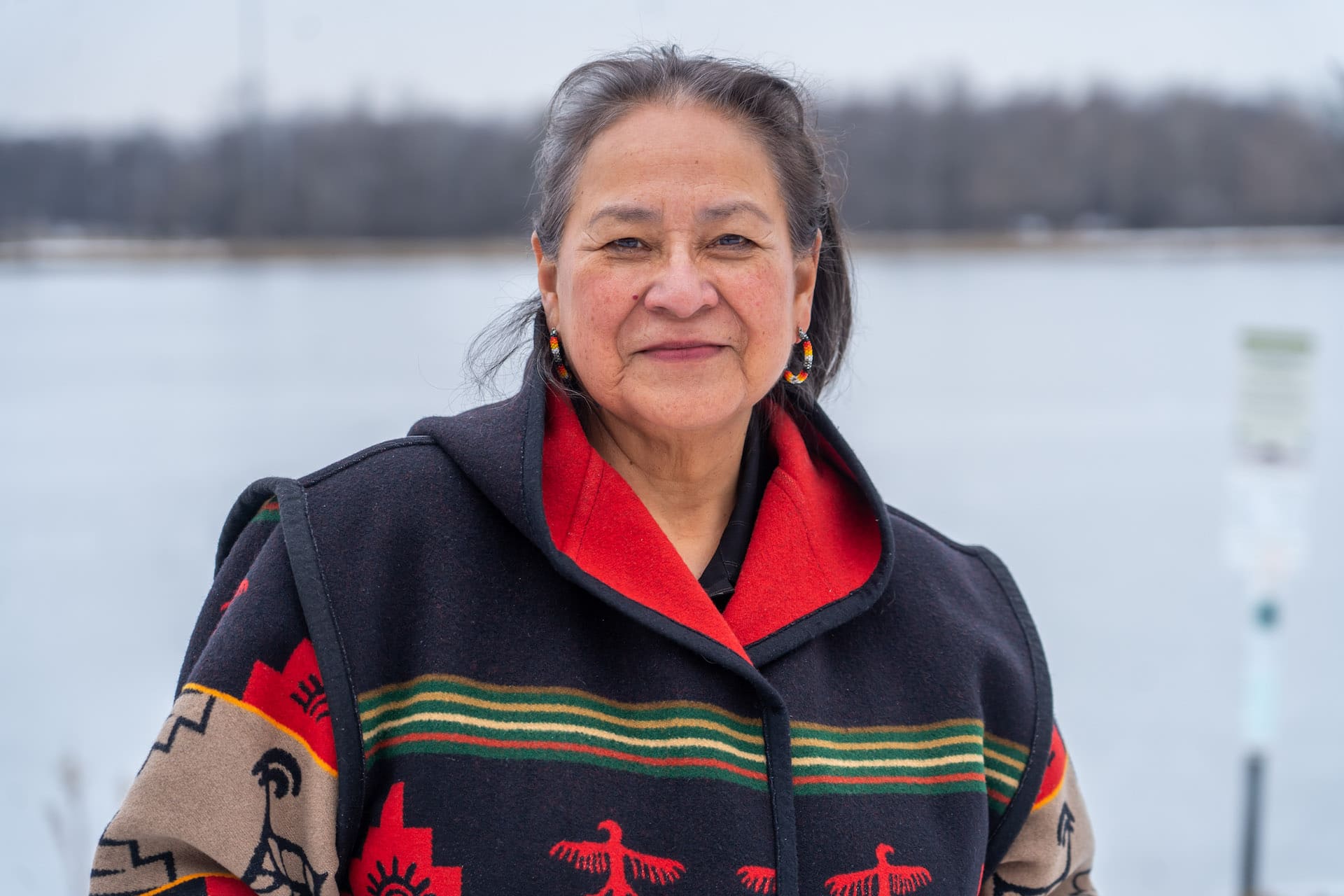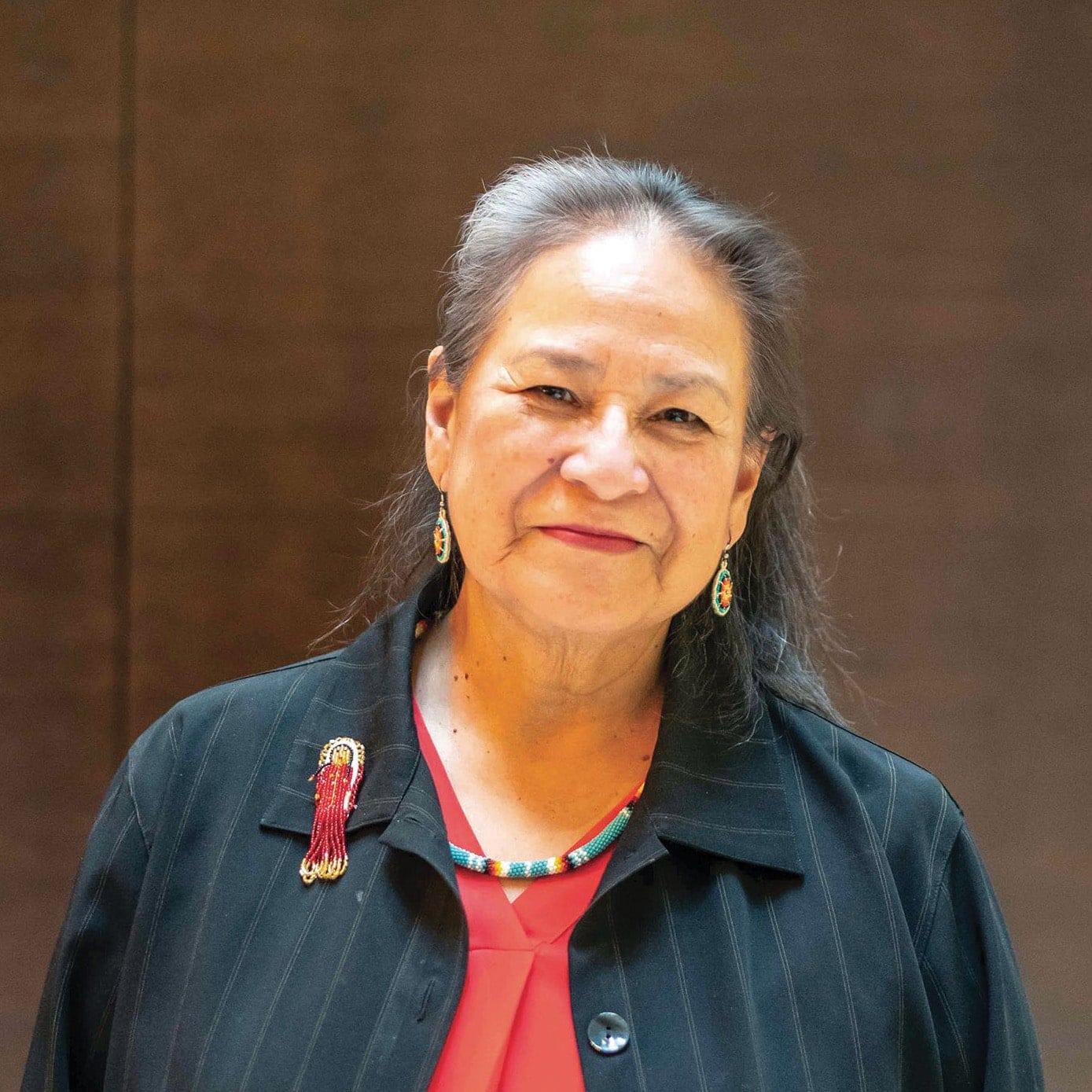Worldviews are important—we all have worldviews. We all come from somewhere that shapes our worldview and forms the lens through which we see and experience life. What shapes the way you see and experience the world around you? We all have beliefs that we assume to be true, which affect how we live. Still, we’re all on spiritual journeys and worldviews can shift.
When I call you mitakuyapi, “my relatives,” I am representing a Lakota worldview of kinship. Everything in creation is connected.
[Euro-]Western Christianity has a history of imposing a euro-cultural template for civilizing and Christianizing Indigenous peoples. I trusted that Jesus is Creator, Son, and Healer, but I was not an authentic fit in white church culture. I prayed for a way to follow Jesus from a faith of wholeness, rather than one of assimilation. The door opened for me to attend a seminary that included theology from an Indigenous perspective, taught by Indigenous instructors. It was liberating for me to understand that I was not having a faith crisis—I was experiencing a clash of worldviews.
I found differences between an Indigenous worldview and a euro-western culture worldview. For instance, western Christianity is shaped by a western European worldview with Hellenistic influences. One’s mind and beliefs became more important than physical experience or what one does. It confirmed my experience that theology is generally what you think or believe, not necessarily how you live every day.
A western worldview conflicts with an Indigenous worldview, which is integrated and holistic, without the gnostic dualism that separates spiritual and material realities. Indigenous stories and teachings are moral, involving our spirit, mind, and body, to show us how to live a balanced life for the good of all the relatives in creation.
As I continue to grow, my personal theological bright line is, “Does this help me be a good relative?” If it’s good for me, it should also be good for my family and my community. If my theology doesn’t help me be a better relative, then I need a better theology.
Jesus tells us, “‘Love the Lord your God with all your heart and with all your soul and with all your strength and with all your mind’ and, ‘Love your neighbor as yourself.” (Luke 10:27).
Prayer practice: Take time to observe your self-awareness of how you interpret what happens throughout the day through a worldview of kinship. What did you observe and give the Creator thanks (e.g., tending to a garden or planting a tree)? What brings you sorrow as you seek the good of all creation (e.g., seeing dead marine life wash up or a tree chopped down)?














